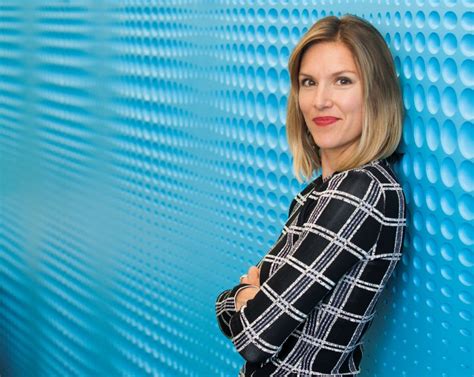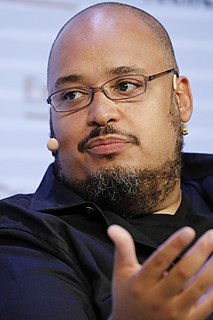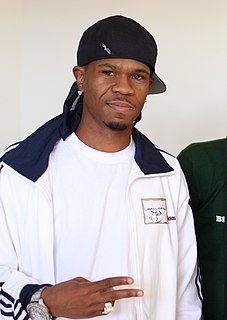A Quote by Justin Kan
Early-stage startups are all about the founders and team.
Related Quotes
The stage of investing that I do is seed stage, so it's really early. Here's a pair of founders who maybe have a prototype. They have a little bit of traction, maybe one employee, tops. At that stage, you really, really can only evaluate a company based on those founders and what they've been able to build. It's very, very team driven.
For a lot of people, one of the reasons they don't like to work for founders of startups is that they can be sensitive and protective around what they've built. You have an emotional attachment to the early marketing and technology materials, and you don't want to hear that anything's wrong with them.
Companies that acquire startups for their intellectual property, teams, or product lines are acquiring startups that are searching for a business model. If they acquire later stage companies who already have users/customers and/or a predictable revenue stream, they are acquiring companies that are executing.






























